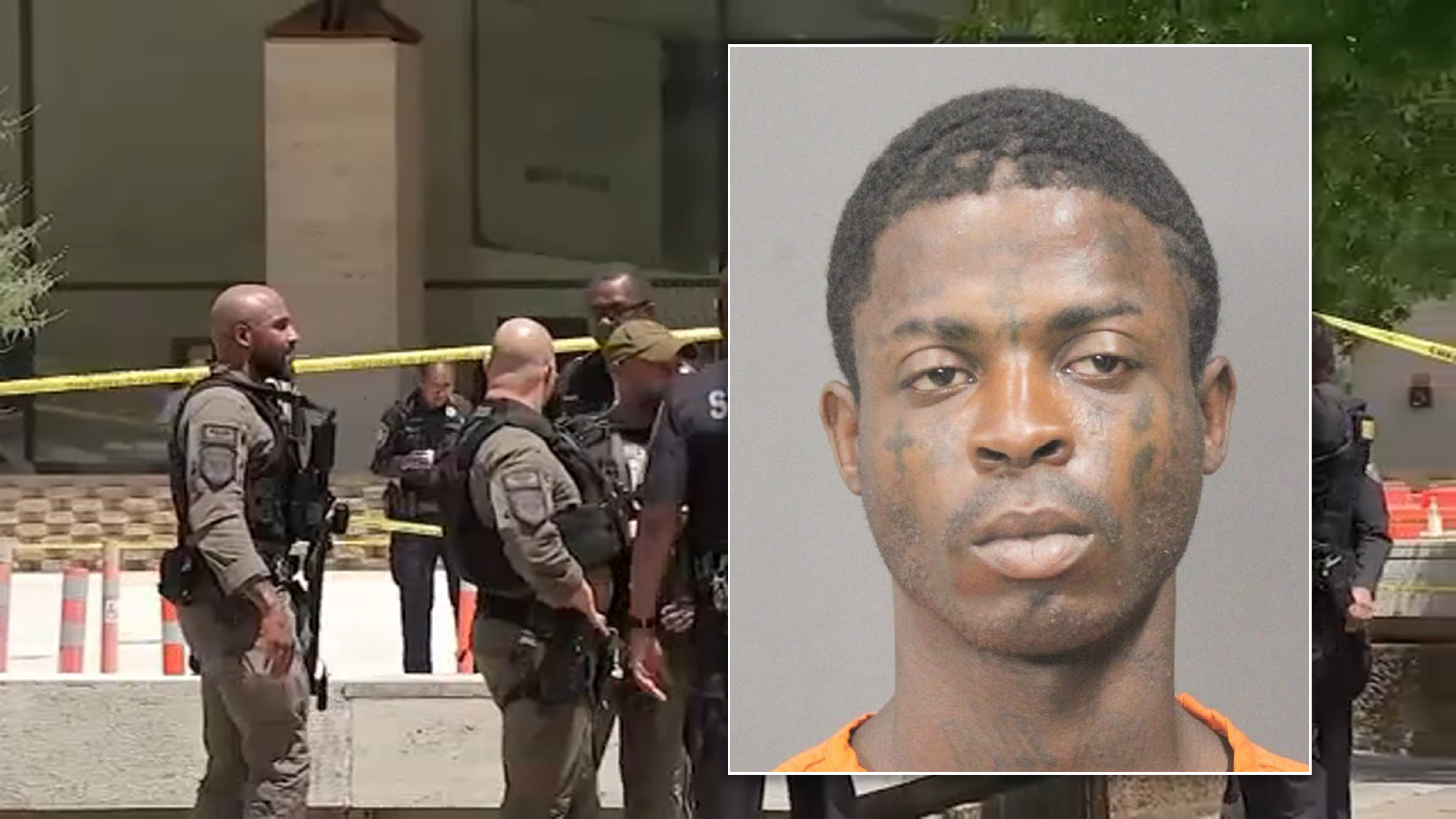Texas' 1st pass at a fix from winter freeze almost out of time

AUSTIN, Texas -- Elzie Ford lost power in his freezing home for nearly a week during February's catastrophic blackouts in Texas. By the time the 68-year-old widower was found on the floor, his hands were purpled with frostbite. He died the next day.
"The whole thing was a train wreck from day one, pretty much," said Larry Ford, his son.
Three months later, Texas' first pass at a fix is almost out of time: Only days remain for state lawmakers to make good on promised overhauls following one of the largest power outages in U.S. history, when more than 4 million customers lost heat after an arctic blast buckled the state's electric grid.
SEE ALSO: Harris Co. suffered the worst effects of winter storm in Texas, report finds
But there are worries that booming Texas may come up short of stabilizing power and averting future blackouts. Concessions to oil and gas interests have reduced the scope of weatherization mandates. The threat of hefty fines would be left up to Texas regulators who've long been criticized as cozy with industry operators. Nothing is on the table that would add more power capacity to one of America's fastest-growing states.
There also remains a fading but continued effort to push more costs onto renewable energy generators, though frozen wind turbines and iced solar panels were not, as some GOP lawmakers have falsely claimed, a primary driver of the blackouts.
"It's hard to see how this provides full coverage of the winterization that we need," said Daniel Cohan, a professor of environmental engineering at Rice University.
Any changes to Texas' beleaguered power grid must reach Republican Gov. Greg Abbott's desk by Sunday.
SEE ALSO: Will lawmakers really change the Texas grid?
Energy experts who have criticized Texas' previous lapses in protecting the grid say that despite shortcomings, there is progress in legislation that is likely to reach Abbott. They point to power plants that would be winterized, new oversight and improved coordination when a crisis hits. But worry remains that it does not go far enough after America's proud energy capital couldn't keep the lights on.
Republicans, who boast about keeping regulation low in Texas, have defended the response.
"When we started out we said we were going to fix it. And I think we've come a long way toward doing that," said Republican state Rep. Chris Paddie, who has steered the bills in the Texas House.
The freeze and ensuing blackout killed at least 151 people across Texas, according to state health officials, a tally that is certainly an undercount. Hypothermia was the most common cause of death, while carbon monoxide poisoning killed others who sought warmth from cars and outdoor grills. Lawsuits against electric providers have stacked up, including one from Larry Ford, who said icy roads around the rural town of Whitney prevented him from checking on his father sooner.
Fallout from the outages has slowed since a burst of firings and resignations of officials involved. Attention to the blackouts has also dimmed in the state Capitol as GOP lawmakers have raced to pass staunchly conservative laws over abortion, guns and voting restrictions in the final weeks.
Proposals to change the oversight of Texas' biggest electric grid - which powers 90% of the state and is cut off from the rest of the U.S. - and impose steep fines on power plants that don't winterize equipment have broad support. Abbott, whose hand-picked energy regulators stepped down under pressure, has demanded that power producers winterize.
But that is not likely to result in mandates to protect every natural gas wellhead or pipeline in Texas from freezes. The most comprehensive bill, Senate Bill 3, would instead leave it up to regulators to decide which ones are essential and then impose fines for failing to protect them.
Oil and gas executives have fought against weatherizing all-natural gas infrastructure as excessive. The Dallas Fed put the cost of winterizing equipment between $20,000 to $50,000 per well.
During February's storm, demand for heat soared as temperatures plunged. Roughly a quarter of Texas' natural gas supply was knocked offline. Failures by fossil fuel plants, including natural gas facilities, contributed twice as many outages as solar and wind generators, according to the Electric Reliability Council of Texas, the state's grid operator.
SEE ALSO: ERCOT says it expects record summer for electricity usage
One penalty would be $5,000 a day, which Democrats and critics have argued could make it cheaper for operators to pay than to winterize equipment. "It leaves a huge amount of latitude, and historically, regulators have erred on the side of being too lax when given broad latitude," Cohan said.
The efforts to limit the weatherization of natural gas sources have played out as some Republicans are trying to push more costs onto the renewable energy industry in Texas, which leads the nation in wind energy production and provides more than one-fifth of the state's electricity.
Republican state Rep. Kelly Hancock, who has pushed for requiring renewable operators to pay for backup resources, called accusations that he was using the blackout to hurt renewables "silly" and defensive. Texas lawmakers have generally been supportive of the wind industry, a group that Hancock says includes himself.
"I don't really care where the power comes from. I'm neutral when it comes to generation," Hancock said. "But I'm not neutral in making sure that it's stable."
The video above is from a previous story.






